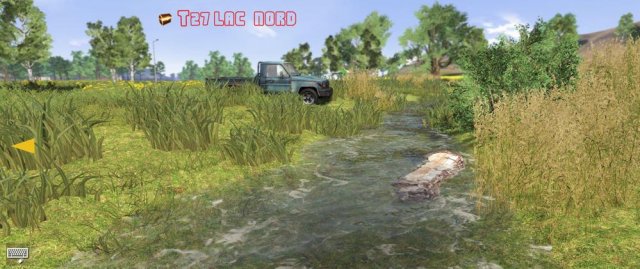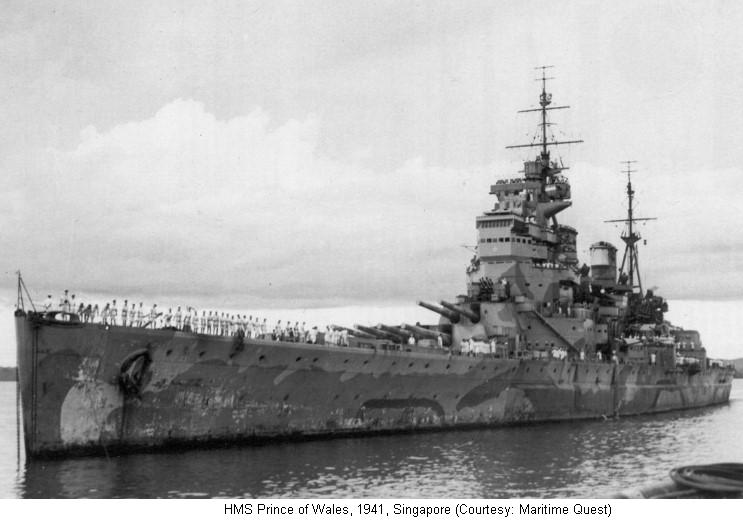

Upon graduation from Brienne in 1784, Bonaparte was admitted to the elite École Royale Militaire in Paris, where he completed the two year course of study in only one year. He had to learn French before entering the school, but he spoke with a marked Italian accent throughout his life and never learned to spell properly. At age nine, Napoleon was admitted to a French military school at Brienne-le-Château, a small town near Troyes, on May 15, 1779. Napoleon's noble, moderately affluent background and family connections afforded him greater opportunities to study than were available to a typical Corsican of the time. Her firm discipline helped restrain the rambunctious Napoleon, nicknamed Rabullione (the "meddler" or "disrupter"). The dominant influence of Napoleon's childhood was his mother, Maria Letizia Ramolino. His father, Carlo Buonaparte, an attorney, was named Corsica's representative to the court of Louis XVI of France in 1778, where he remained for a number of years. His family was minor Italian nobility living in Corsica. He later adopted the more French-sounding Napoléon Bonaparte. He was born Napoleone di Buonaparte (in Corsican, Nabolione or Nabulione) in the town of Ajaccio on Corsica on August 15, 1769, only one year after the island was transferred to France by the Republic of Genoa. Although their reigns did not survive his downfall, a nephew, Napoleon III, ruled France later in the nineteenth century. Napoleon appointed several members of the Bonaparte family and close friends of his as monarchs of countries he conquered and as important government figures (his brother Lucien became France's Minister of Finance). Napoleon negotiated the Concordat of 1801 with the Pope to bring religious and social peace to France. The French Revolution had alienated the government from the Catholic Church.
PORT ROYALE 4 FRENCH CAMPAIGN CODE
Some attribute this impulse as owing something to Napoleon's vision, which included a common infrastructure and a common legal code for his whole empire. Much later the pursuit of European Union eventually emerged. He is considered by some to have been one of the "enlightened despots." His vision of a united Europe did not succeed in his own time and the rivalries between Europe's competing powers and states, such as Britain, France, Germany and Russia would result in two world wars. Aside from his military achievements, Napoleon is also remembered for the establishment of the Napoleonic Code. His campaigns are studied at military academies all over the world and he is generally regarded as one of the greatest commanders ever to have lived.

He staged a comeback known as the Hundred Days ( les Cent Jours), but was again defeated decisively at the Battle of Waterloo in present day Belgium on June 18, 1815, followed shortly afterward by his surrender to the British and his exile to the island of Saint Helena, where he died six years later.Īlthough Napoleon himself developed few military innovations, apart from the divisional squares employed in Egypt and the placement of artillery into batteries, he used the best tactics from a variety of sources, and the modernized French army, as reformed under the various revolutionary governments, to score several major victories.


Over the course of little more than a decade, the armies of France under his command fought almost every European power (often simultaneously) and acquired control of most of the western and central mainland of Europe by conquest or alliance until his disastrous invasion of Russia in 1812, followed by defeat at the Battle of Leipzig in October 1813, which led to his abdication several months later and his exile to the island of Elba. Napoleon I Bonaparte, Emperor of the French, King of Italy (Aug– May 5, 1821) was a general of the French Revolution the ruler of France as First Consul ( Premier Consul) of the French Republic from Novemto then Emperor of the French ( Empereur des Français) and King of Italy under the name Napoleon I from to Apand briefly restored as emperor from March 20 to June 22, 1815. Napoleon in His Study by Jacques-Louis David (1812)


 0 kommentar(er)
0 kommentar(er)
